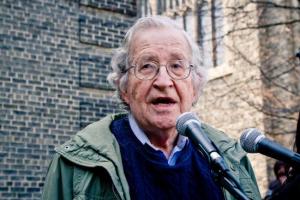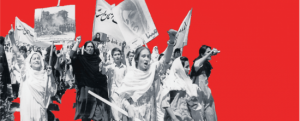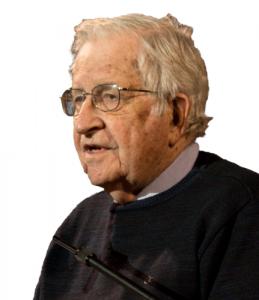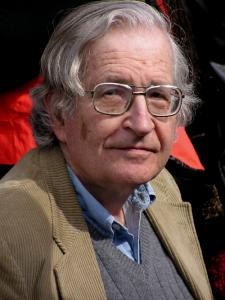Noam Chomsky, the world’s leading critic of US foreign policy, has given several eye-opening interviews about the Ukraine crisis since it began in February, many of them to Truthout. Even though this Truthout interview was carried out on 20 April, many weeks ago, it is still extremely relevant to the diplomatic and military state of play in relation to Ukraine – and to the US-imposed disaster in Afghanistan. (Words inside [hard brackets] have been inserted by Peace News…
Chomsky, Noam
Chomsky, Noam
Noam Chomsky
Gulf News: It was only several months ago that you predicted that the US withdrawal from Afghanistan would cause the collapse of the Afghan army and the government and that’s exactly what’s happened.
That’s what’s [been] unfolding in the last few weeks, as we’ve seen, and yet we see the Biden administration and others express surprise at what’s happened or at least at the speed at which it’s all happened. Where are your thoughts on that?
Chomsky: The basic problem is one that…
We’re glad to be able to present the transcript of an interview of respected US social critic Noam Chomsky on the radical US TV/radio programme, Democracy Now! The interview was carried out on 23 July by hosts Amy Goodman and Nermeen Shaikh.
AMY GOODMAN: This is Democracy Now! democracynow.org The Quarantine Report. I’m Amy Goodman.
Barely 100 days before the presidential election in November, this week president Trump announced he is sending a surge…
The threat of a US attack on Iran is all too real. Led by US national security advisor John Bolton, the Trump administration is spinning tales of Iranian misdeeds. It is easy to concoct pretexts for aggression. History provides many examples.
The assault against Iran is one element of the international programme of flaunting overwhelming US power to put an end to ‘successful defiance’ of the master of the globe: the primary reason for the US torture of Cuba for 60 years.
The…
The world reacted with horror to the murderous attack on the French satirical journal Charlie Hebdo. In the New York Times, veteran Europe correspondent Steven Erlanger graphically described the immediate aftermath, what many call France’s 9/11, as ‘a day of sirens, helicopters in the air, frantic news bulletins; of police cordons and anxious crowds; of young children led away from schools to safety. It was a day, like the previous two, of blood and horror in and around…
The new crimes that the US and Israel have been committing in Gaza in the past weeks do not fit easily into any standard category – except for the category of familiarity. Literally, the crimes fall under the official US government definition of “terrorism,” but that designation does not capture their enormity. They cannot be called “aggression,” because they are being conducted in occupied territory, as the US tacitly concedes.
In their comprehensive scholarly history of Israeli…
Simone Bruno I would like to talk about the current crisis. How is it that so many people could see it coming, but the people in charge of governments and economies didn’t, or didn’t prepare?
Noam Chomsky Since financial liberalisation was instituted about thirty-five years ago, there has been a trend of increasing regularity of crises and deeper crises, and the reasons are intrinsic and understood.
So, for example, if you and I make a transaction, say you sell me a…
My general feeling is that this kind of question can't be faced in a meaningful way when it's abstracted from the context of particular historical concrete circumstances.
Any rational person would agree that violence is not legitimate unless the consequences of such action are to eliminate a still greater evil.
PacifismNow there are people of course who go much further and say that one must oppose violence in general, quite apart from any possible consequences. I think that…
The Arab League Peace Plan of 2002 is what was called the “Saudi Plan” in the US. It has just been renewed.
In 2002, the US and Israel simply dismissed it, and I don't recall media commentary. It is pretty much a version of the international consensus that was articulated clearly for the first time in January 1976 at the Security Council, in a resolution brought by the major Arab states, vetoed by the US (again in 1980). International isolation With the Security Council eliminated by…
Shank: With similar nuclear developments in North Korea and Iran, why has the United States pursued direct diplomacy with North Korea but refuses to do so with Iran?
Chomsky: To say that the United States has pursued diplomacy with North Korea is a little bit misleading. It did under the Clinton administration, though neither side completely lived up to their obligations. The Iranian issue I don't think has much to do with nuclear weapons frankly.
Nobody is saying Iran…






